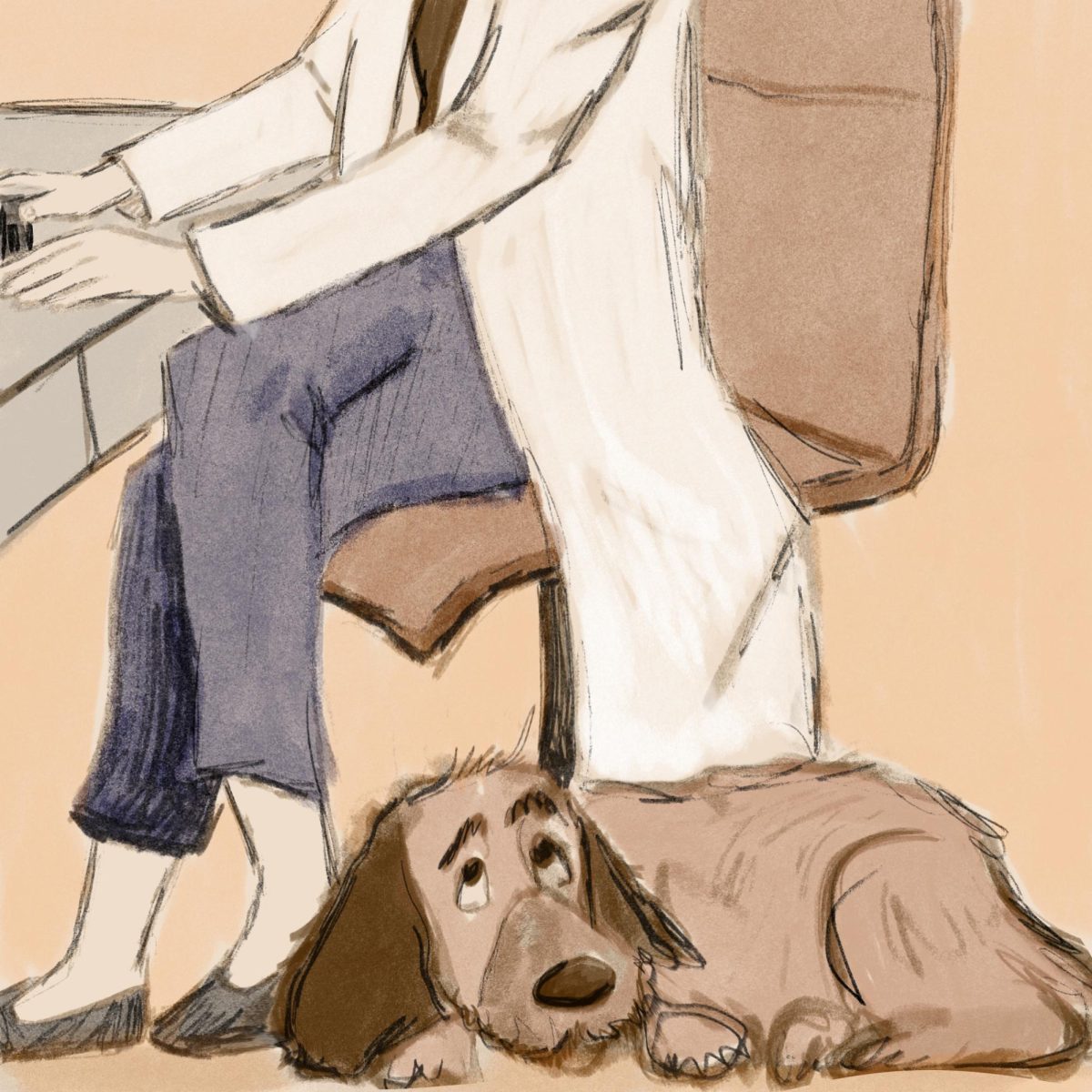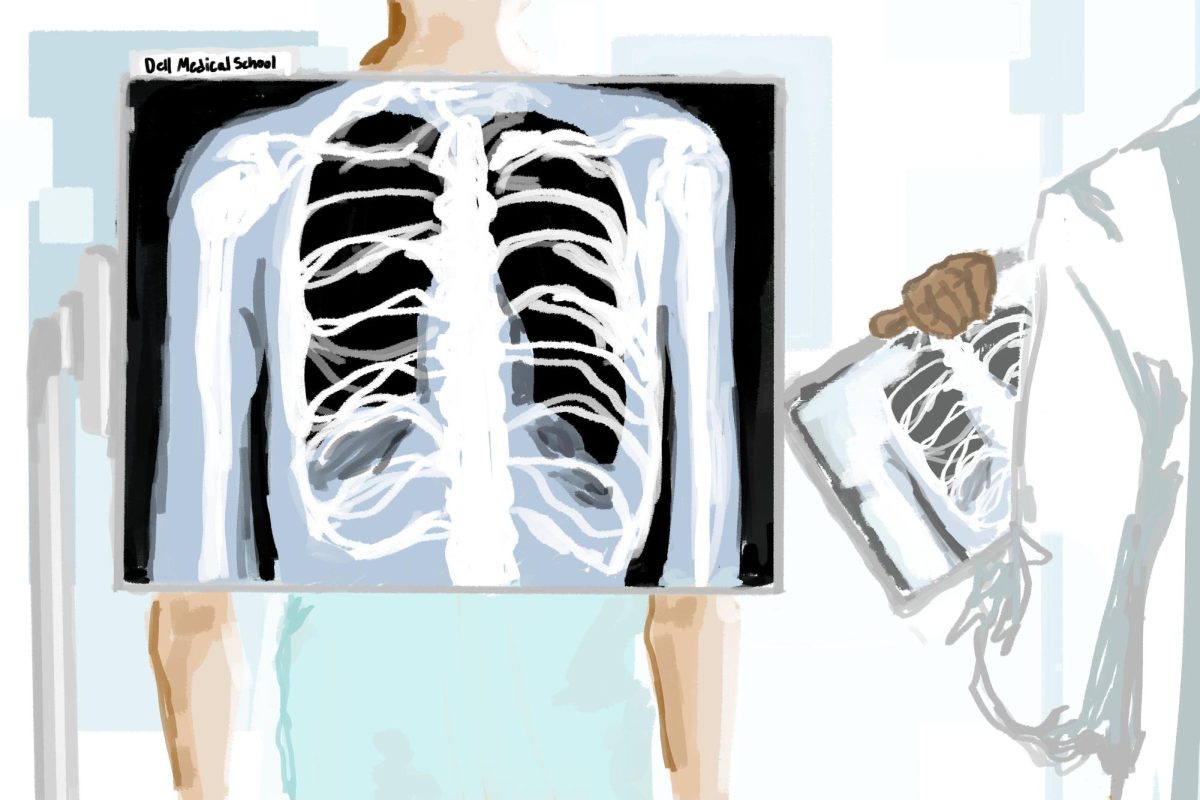The field of dog anti-aging and longevity research is becoming more prevalent in veterinary medicine, and one company, founded by a UT alumna, is expecting major progress on the horizon.
UT neuroscience graduate Celine Halioua is the founder and CEO of Loyal, a biotechnology company dedicated to extending the lifespans of dogs. She interned as a student at SENS Research Foundation, which specializes in studying regenerative medicine, sparking her interest in anti-aging research, Halioua said in an email.
According to a study by the Dog Aging Project, a research initiative, big dogs are more susceptible to developing life-threatening diseases.
To combat this, Loyal developed a new drug called LOY-001 which intends to lengthen their lifespans, Halioua said. The drug works by reducing excess growth hormone in older and larger dogs, improving their metabolic health.
“Once we satisfactorily complete safety and manufacturing sections and other requirements, vets will be able to prescribe LOY-001 to extend the lifespan of large dogs while we complete a lifespan extension study in parallel,” Halioua said.
Halioua said she hopes the data collected on dog anti-aging will help her company one day develop similar therapies for humans.
“Our mission first and foremost is longer, healthier lives for dogs — and someday, we hope, humans too,” Halioua said. “This really does drive every decision we make.”
Dogs are a useful model to compare to aging adults because they share the same environment, develop similar diseases and show related cognitive decline, said Dr. Kate Illing, a veterinarian working for the Dog Aging Project.
“The exciting part of being in this project is that it could have implications for healthy aging in both people and dogs,” Illing said.
The Dog Aging Project is currently conducting clinical trials of rapamycin, a potential drug for anti-aging in dogs, Illing said. They said that although the project was previously funded by the National Institutes of Health, their grant was not renewed for this year. The founders have created a petition in order to raise awareness for the project’s survival.
Illing said the project obtains data about its main cohort of dogs from surveys the pet owners fill out. The surveys ask questions about the dog’s home environment, medical history, diet and many other factors to provide an in-depth, personalized picture of each dog.
Psychology junior Jazmin Soto is the owner of a 7-year-old dog named Domino, who serves as her emotional support animal on campus. Soto said she would consider completing a survey that provided data about her dog but is unsure of enrolling Domino in a clinical trial.
“I haven’t heard anything about (the new drugs) before,” Soto said. “I don’t know if you can trust putting your best friend in the trial phase of a clinical trial when you don’t know what’s gonna happen.”
Soto said that she would be interested in using the drugs if they achieved mainstream popularity but is not sure how an extension of one to two more years of her dog’s life would be impactful.
“’It would be really nice for my dog to be here longer, (but) I don’t know if I would really notice if it was just given one or two more years,” Soto said. “I wouldn’t want her to be here if she’s really old and not able to do what she likes to do.”















